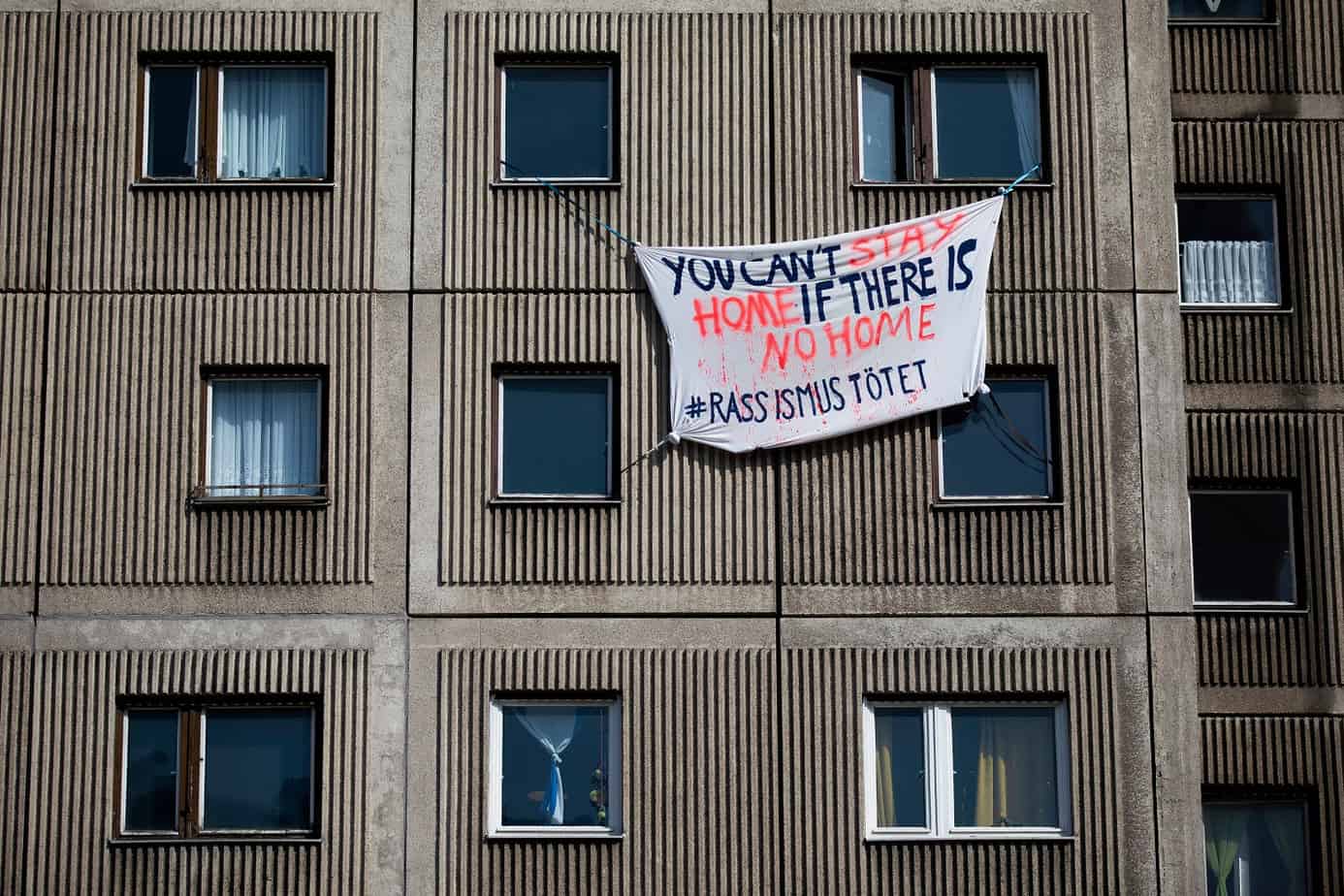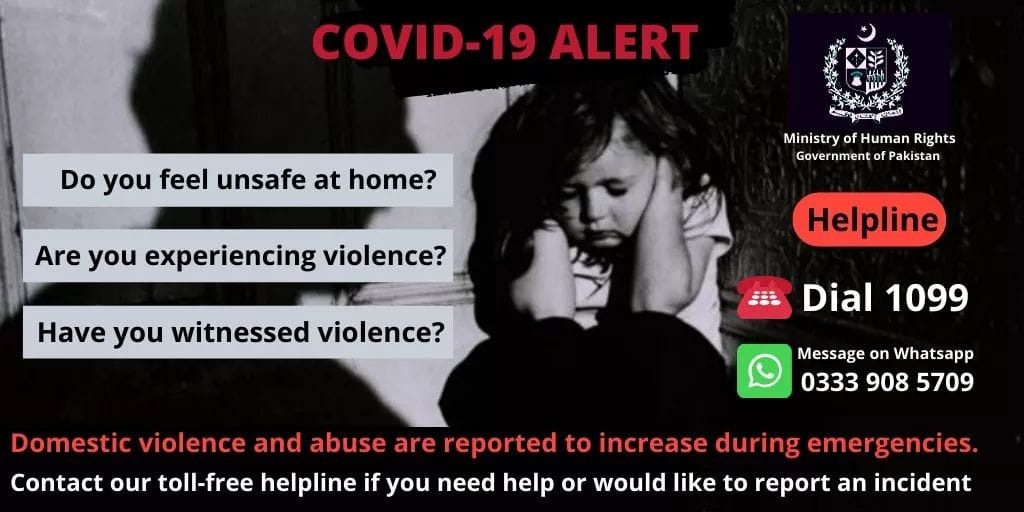The outbreak of the COVID-19 pandemic has resulted in almost everyone being forced to withdraw into their homes and practice self isolation. For some of us, this quarantine is with our loved ones; people we derive comfort and safety from. We are able to spend quarantine in the comfort of our home and use this time as one for relaxation and self reflection. However, home is not a safe space for everyone. For some people, staying in means being in constant close proximity with their perpetrator. Society has shut down – people are working from home, children are home all day instead of in school, sports and social activities have been cancelled, places of worship are closed. Everything that helped put a violent situation at bay, is no longer available.
Since the lockdown measures were put in place, there has been a surge in domestic violence cases. In the heart of the outbreak, the Hubei Province, domestic violence cases more than tripled in one county. In Valencia, a man murdered his wife in front of his two children just weeks after the quarantine was put in place. In Paris, domestic violence cases reported to the police jumped by 36% and in other parts of France, by 32%. These cases included two murders. Child abuse, violence against spouses and honour killings are common in Pakistan even without a lockdown – one can only wonder what these numbers truly are in the face of the strict measures.
What’s even more terrifying is that the reported cases are nowhere near reality. In a situation like this, most victims don’t have the opportunity to file a police report or find a safe place to call a helpline from. But, regardless of this, some countries have put measures in place to help people going through abuse. France has agreed to pay for hotel rooms for victims, Spain has introduced an initiative in pharmacies where if one requests for a ‘Mask 19’, pharmacists know to call the authorities, and New South Wales in Australia, has made it easier for victims to receive a police protection order against their abuser. Despite these actions taken by the government, domestic violence during this period is still on the rise as not everyone is able to access these options. If you are someone going through this, keep reading to learn about some things you can do that might make your situation easier, and help you eventually report your abuser. This is an especially difficult time for you, but we hope it comes to an end soon and that you don’t let go of the strength that will help you survive this.

1. Call A Helpline
We understand that not everyone is able to make a phone call with their abuser 24/7 around, but if you’re in a position where you can, there are helplines available to help you. The Ministry Of Human Rights helpline (1099) was initially created to help with legal aid regarding inheritance, but in the face of the current crisis, is also assisting women in reporting their abusers. There is also Madadgar – an NGO built for the sole purpose of helping women find their voice and their helpline (1098) is specifically for women and children suffering from violence or abuse.

2. Document Details Of Your Abuse As Proof
We know that this can be difficult and that writing something at times causes one to live through the event twice. But noting down things such as the time, frequency and other details of your attack/experience, can help you to later build a case against your perpetuator. It might also be helpful to take pictures of any injuries you might have or any weapons that might have been used against you. Even if you can’t report the incident right now, collecting evidence can help you in building a case for later.
3. Try To Keep In Contact With Your Friends And Family
It’s easy to feel alone at a time like this, but if you have family or friends that you are close to, it’s important to have a frequent flow of communication with them throughout this time. Even just a few minutes of conversation with people that care for you can have a positive emotional impact, and if you talk to them often, they’ll be able to notice differences in your routine or tone of voice. They might also be able to offer solutions that you might not have been able to see yourself – let them in and let them help you.

4. Do Your Research
Even if you feel like you can’t leave right now, you might be able to at some point when this is all over, and it’s important to have all the information at hand when that moment comes. If you are not able to go to a family member’s house, look into shelters like Panah in Karachi or Dastak in Lahore whose aim is to provide protection to women going through abuse and similar situations. Plan out your exit strategy and gather copies of all your important documents and keep them somewhere safe. You don’t want your personal records and information ending up in their possession, especially once you’ve left.
5. Protect Your Children
If you have children, they might get caught in the cross-fire, but take steps to ensure their safety. Even if you feel like they don’t understand, try to stay away from them during an abusive incident as seeing you hurt or in pain can have an emotional impact on them. The same goes for any pets you might have; like humans, they too form attachments and are deeply distressed if they feel that you are.

6. Have A Safety Plan In Place
While it is important to stay in during this time, for our health along with the health of others, it’s equally important for you to have a safety plan in place in case you feel there is a danger to your life. Memorise the contact numbers of people you trust and who you feel can help you in such a situation, keep essentials to leave at hand and packed in case you need them in a hurry, do not let your partner or whoever it is manipulate you if you’re leaving, and remember to remove any weapons or harmful objects from view before attempting to leave. If you’re leaving home by your own means and not with the help of someone else, try to still inform someone you trust about your plans and once you leave, switch off any means through which your perpetuator can track you – your online security is important.









What do you think?
You must be logged in to post a comment.